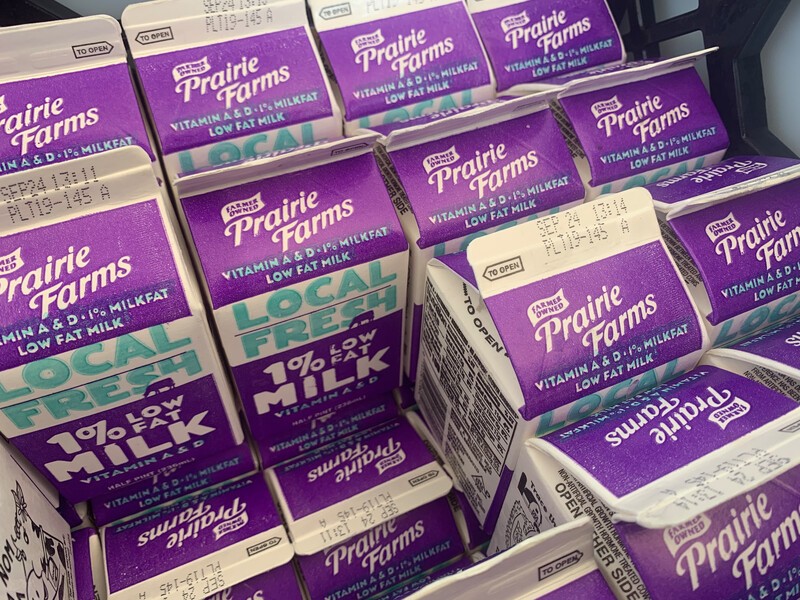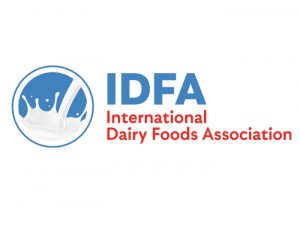
With DDP regulations as yet not published, a specific timeline was not announced. However, the USDA did provide minimum program requirements for dairy producers and processors to participate, including consideration of retroactive payment for previous donations. The plan requires participating dairy cooperatives and processors have a donation and distribution plan describing the process to be used for the donation, processing, transportation, temporary storage and distribution of eligible dairy products. Find details here.
Beyond dairy, the program makes more than $330 million to help agricultural producers and organizations in the food supply chain recover from the financial impacts of the COVID-19 pandemic. Emphasis includes funding for specialty crop block grants and incentives to provide more fruits and vegetables for low-income consumers.
Grant project funding awarded as part of pandemic assistance can also go to organizations to assist farmworkers (e.g., for personal protective equipment and vaccination costs), projects to fund farmers, food businesses and other relevant entities to respond to risks and supply chain disruption. Applications must be submitted electronically before June 12.
The USDA will also provide approximately $80 million in additional payments to domestic users of upland and extra-long staple cotton to support textile mills impacted by the pandemic.
USDA seeks bids for fluid milk, string cheese
The USDA is seeking bids to deliver dairy products under existing nutrition assistance programs: Bids are being sought for:
36,450 gallons of 2% milk in one-half gallon containers for deliveries scheduled between May 3-June 30 in Pennsylvania – bids close April 20.
1.6 million pounds of string cheese for deliveries scheduled between July 1-Sept. 30 – bids close April 23.
Proposals target, protect estate tax exemptions
Several tax proposals in Congress have set their sights on estate tax exemptions currently available to farmers. Peggy Kirk Hall, associate professor of agricultural and resource law at Ohio State University, summarized bills already introduced:
For the 99.5 Percent Act: This bill would reduce the federal estate tax exemption from its current level of $11.7 million per individual. Under the proposal, estates in excess of $3.5 million per individual and $7 million per couple would pay the estate tax, which would begin at 45% for estates between $3.5 and $10 million and increase incrementally to a maximum of 65%. Protections for farmland include allowing farmland value to be lowered by up to $3 million for estate tax purposes and increasing the maximum exclusion for conservation easements to $2 million. The bill would also prohibit reduced valuation for assets held in a pass-through entity, affecting the 35% valuation discount that is typical for farmland LLCs.
Sensible Tax and Equity Promotion (STEP) Act: The bill would remove the current stepped-up basis provision, taxing the transfer of property that has a net gain either during lifetime or at death. Taxes on property such as farms and some farm assets could be paid in installments over a 15-year period.
Death Tax Repeal Act of 2021: This proposal seeks to repeal the federal estate tax, repeal the generation-skipping tax and make modifications to the computation of the federal gift tax.

























